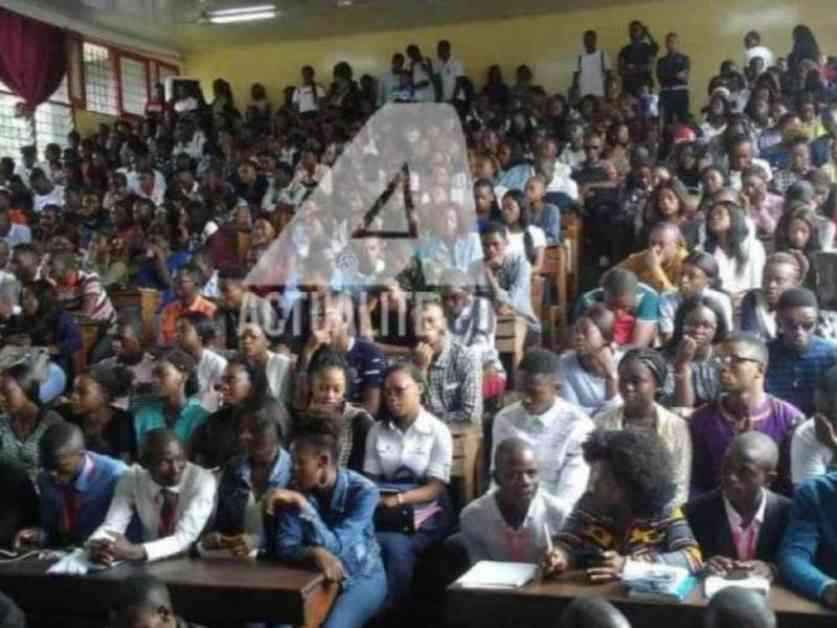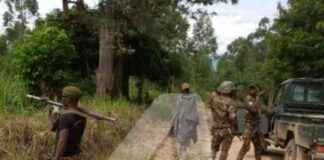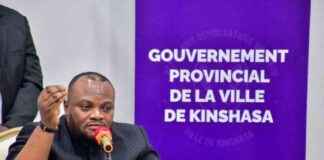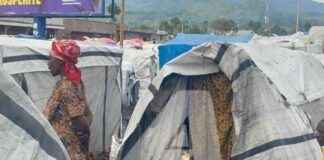The academic journey of women in the Democratic Republic of Congo is still quite unequal, despite some progress in higher education access. Interviews conducted on Tuesday, May 6, 2025, by the Femme Desk of Actualite.cd, with female students from the University of Kinshasa (UNIKIN), the Catholic University of Congo (UCC), and the National Pedagogical University (UPN), in various fields such as medicine, arts, computer science, economics, civil engineering, and the environment, reveal this.
For 24-year-old Grace Lelo, a 3rd-year medical student at UNIKIN, the pursuit of education comes with a constant need for validation. “When you’re a girl in medicine, people often expect you to drop out or settle for less prestigious specialties. But for me, I aim for surgery. Just because I’m a woman doesn’t mean I have to aim lower.”
Rebecca Mahazi, a 22-year-old 3rd-year Civil Engineering student at the Polytechnic Faculty, shares a similar sentiment: “In my first year, I was the only girl in my class. There were comments like: You just want to marry an engineer, not become one. At first, it got to me. Then I decided to turn it into a strength. Today, I’m in the top 5 of my class.”
Even in private universities, there are challenges. At UCC, 21-year-old Marie Mpia, an Arts student, describes a more structured but not necessarily fair environment. “It’s true that there is less harassment here, but there are implicit expectations: a girl in arts, it’s assumed she will become a teacher or secretary. Talking about an academic career or research is almost seen as arrogance.”
Deborah Mbole, studying Environmental Sciences, notes a lack of visibility of women in her field: “There’s a lot of talk about the environment today, but in conferences or workshops, the experts are almost always men. I want to change that. My goal is to do a master’s abroad and come back here to teach.”
All the students interviewed highlight that the obstacles they face are not only academic. The weight of family responsibilities, lack of financial independence, and gendered cultural norms limit their options.
Tania Nguz, a 23-year-old Computer Science student at UPN, explains: “When I get home, I still have to take care of household chores, as if studying wasn’t a job. My brothers, on the other hand, can go study or rest. I have to juggle everything.”
Aline Kashal, a 25-year-old Economics master’s student at UNIKIN, shares a recurring pressure: “Society makes us believe that if you’re not married by 25, you’ve failed in life. I want to finish my studies first, work, have stability. But this choice is always questioned, even by my own family.”
The lack of female figures in higher education is often cited as a barrier. “It’s rare to have a female professor. And when there are, they are often confined to departments considered ‘feminine’,” says Deborah.
Some advocate for the establishment of support networks among students, listening units against harassment, and active policies to promote female representation in university bodies. “We want more than just a place: we want a voice. We’re not asking for special treatment, just equal opportunities,” asserts Rebecca.
Despite the challenges, the majority of students interviewed show determination to complete their education and beyond. Many are considering academic careers, involvement in NGOs, or public service, aiming to contribute to lasting change. “I want to show my little sister that it’s possible. That we can dream big, even as women, even here,” concludes Grace.

















